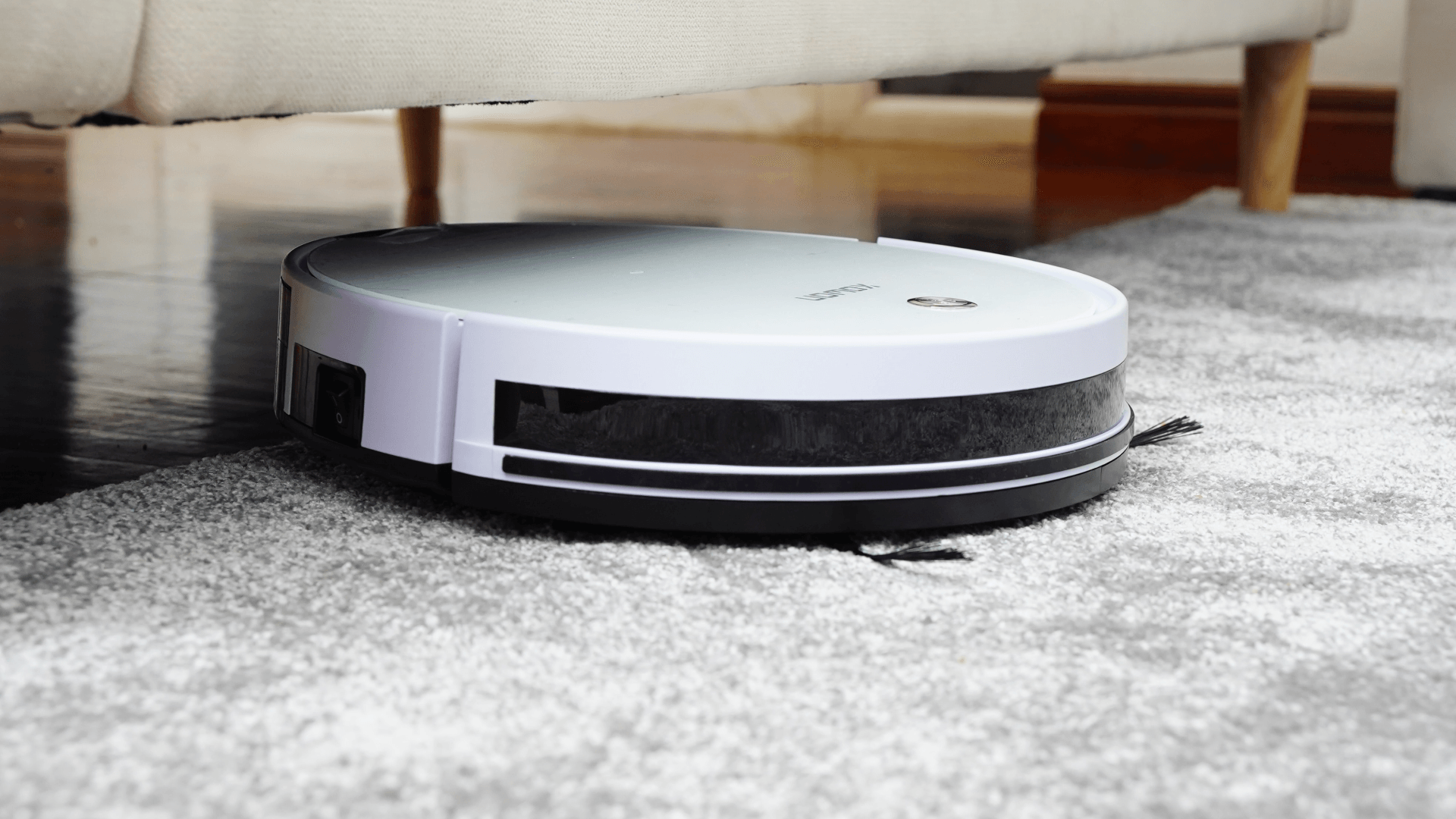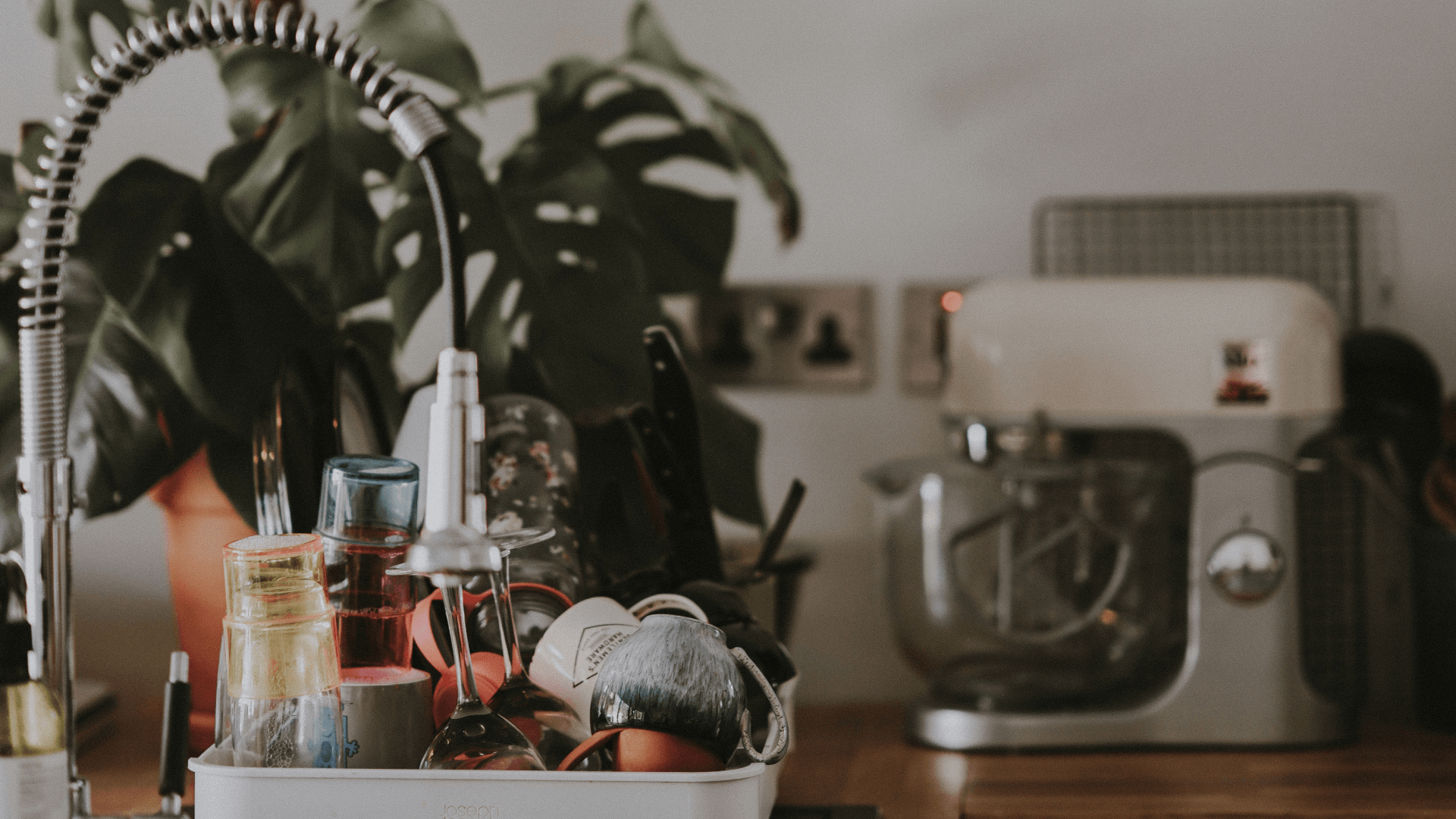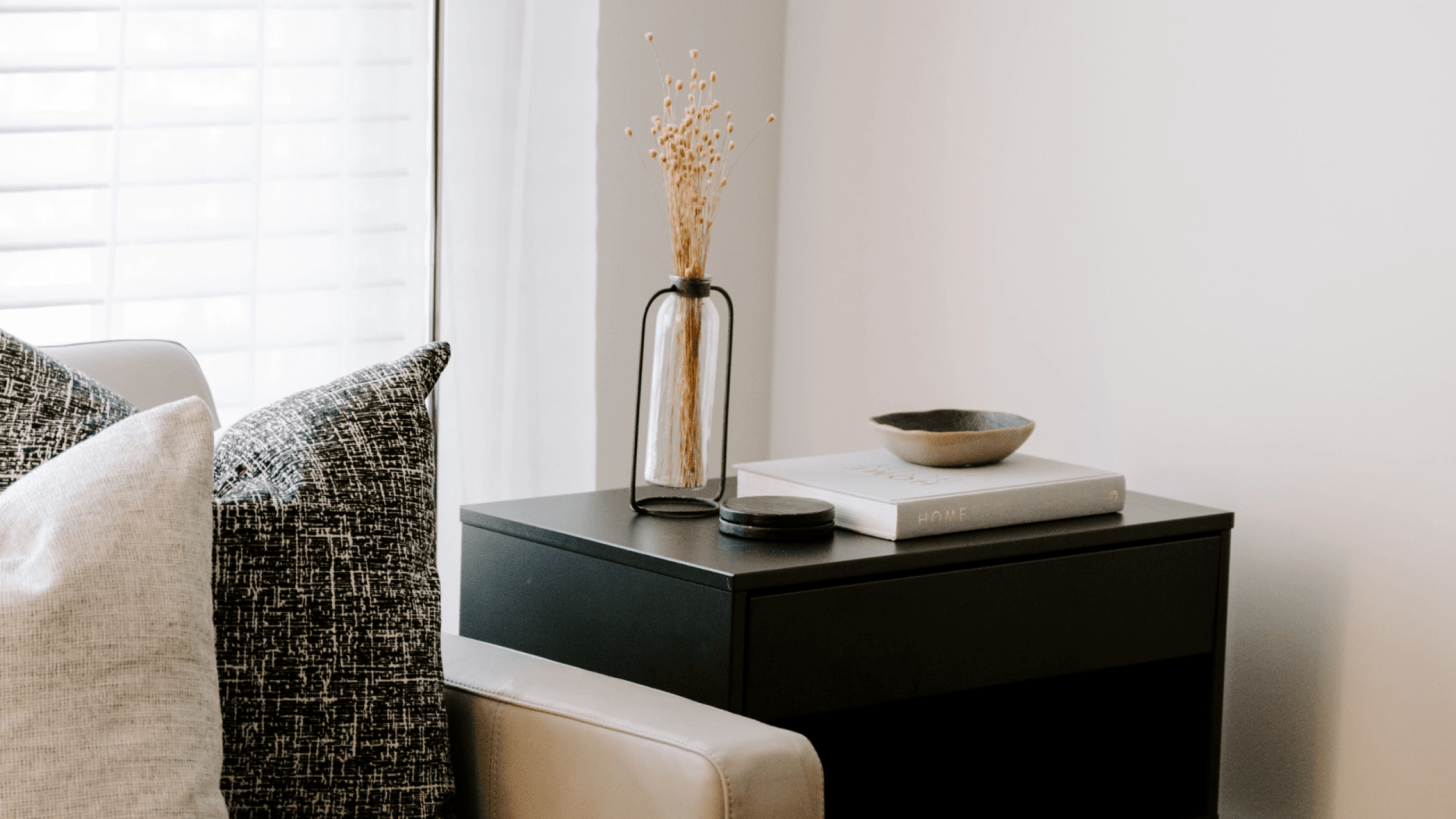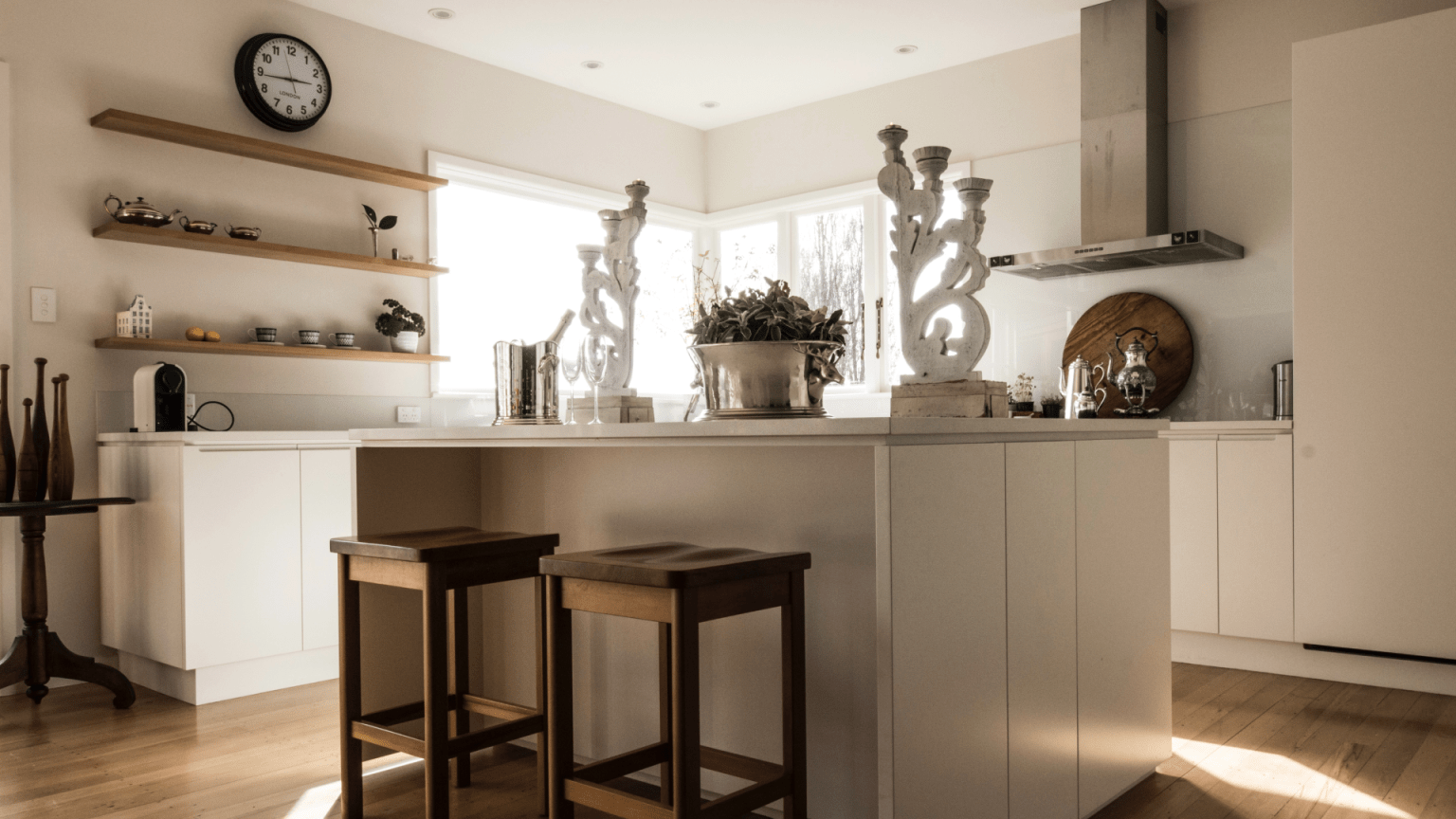Deep-Cleaning Tips For Homeowners
If you've never owned a house before, then it's entirely possible that you've never deep-cleaned a house. (Hey, no shame in that game.) But when the house is yours, the desire to see it as clean and sparkling as it can possibly be is strong -- and you might have no idea where to start or how to go about getting your clean on.
Don't panic! Take a deep breath and remind yourself that nobody knows how to do everything. Then follow these tips for homeowners that will outline exactly how to go about deep-cleaning any home ... and how to maintain it so that next time you don't feel so overwhelmed.

Make a list, then divide and conquer
The most overwhelming part of deep-cleaning is undeniably the moment when you start to realize just how much there is to do. Before you even let yourself go there, stop and make a list of everything you need to do.
- Begin by listing all the rooms in your house. Include a space for your garage, the basement or the attic (if you have one) and for outdoor living spaces like porches, balconies or decks.
- Start listing what needs to be done in each of those spaces. Before you know it, you'll have a comprehensive list of absolutely everything that you need to do to get your house as clean as it's ever been.
- After you've got your master list, start dividing it up. You can assign different rooms to other household members who are helping with the massive clean or divide it by day of the week so that you're spacing out your deep cleaning in a way that doesn't overwhelm you.
Start at the top
Gravity can be your friend or your enemy when you're cleaning a house. You can avoid a lot of heartache by understanding this truth and beginning your work at the top of each room, moving your way down.
That way any dust you're knocking loose from high shelves or light fixtures will land on a floor that you haven't yet cleaned instead of a floor you just finished mopping.
It might help to organize your list from literal top to bottom before you even walk into the room. That way you can easily run down the list in order without messing up an area you just cleaned.

Declutter, declutter, declutter
When you have a lot of stuff -- books, clothes, sports equipment, pots and pans, whatever -- then cleaning around all of it becomes a challenge. The first step in any room should be a sweep to assess what you use and what you haven't touched in a year or more. Anything that falls into the latter category should be considered for disposal -- give it to a friend or donate it if you like.
It may feel painful to part from your things, but keeping your house looking neat and clean will be so much easier if you can power through the hard part and let go. Get serious about decluttering now so that your home will look cleaner and more presentable forever.
Clean your screens and windows
Let's be honest: Cleaning screens and windows can be a real pain, which is probably why it doesn't get done very often.
But it makes a huge difference in the quality of light that pours through those windows, and it's well worth addressing at least once a year.
While you're washing the windows, make sure you're paying some attention to the windowsills both inside and outside the house.
Don't forget the light fixtures
Windows aren't the only factors influencing the quality of light in your house. Your light fixtures might be dusty or dirty and you wouldn't even notice because they're so far above your head. Make sure that you're removing and cleaning light fixtures in each room, drying them thoroughly before you replace them.

Organize, organize, organize
If you just moved in, then the odds are good that you've still got a box or two packed up and stashed away in a closet. Deep cleaning means deep organization, so if the stray-box theory sounds a lot like you, then it's time to finally finish the job.
Even if you've already unpacked absolutely everything, this is still a good time for you to figure out how you're going to establish a place for everything and everything in its place.
Once you have an organizational system that works, be it for your bookshelves or your toolshed, then all you have to do to keep everything spiffy is to follow that system.
Tackle the kitchen appliances
If your microwave is crusty, then odds are good that your other kitchen appliances could also use some attention. The oven, the stove and the refrigerator are usually the dirtiest appliances in the house, so make sure you're putting them on your rotating "to clean" list -- and stick to it.
Some newer refrigerators include easy-to-remove shelves and door inserts that you can clean in the dishwasher. If you're due for a fridge upgrade soon, then look for a model that has some of those cleaning-friendly features.

Power wash
While you're sprucing up the outside, rent or borrow (or buy) a power washer and tackle the house itself. You will be amazed how much dust and dirt accrues on the outside of your house, the deck, the porch, and other areas -- washing it off can make your house look like it's got a brand-new paint job, plus you'll be eliminating any cobwebs in the bargain.
Make it a habit
If you only do all of these things to your house once a year, then it's not going to stay clean for very long.
Keep your list of rooms and think about your daily and weekly schedule, then try to squeeze in some deep-cleaning work every now and again.
You'll find that your entire house stays cleaner for longer, and any special-event deep cleaning that you might have to do will be much easier when you have a plan for upkeep.










All Rights Reserved | Morgan Withrow
Privacy Policy | Terms & Conditions | Website Powered by Bolt Marketing

